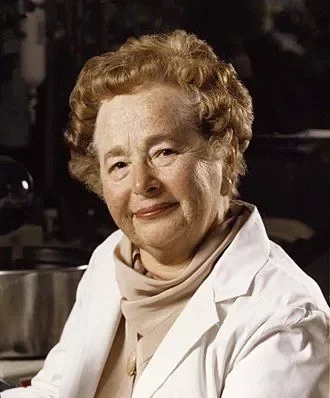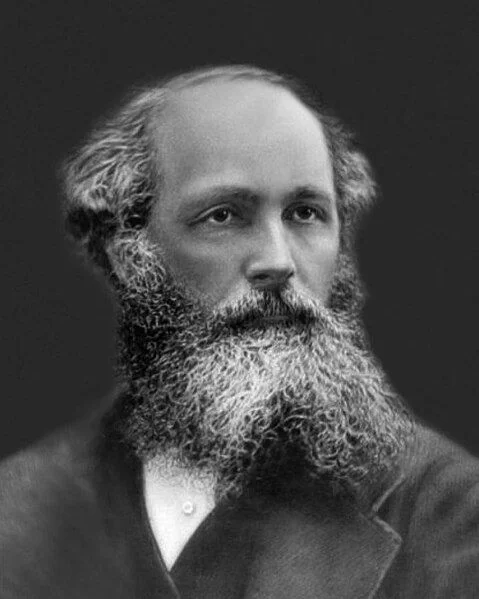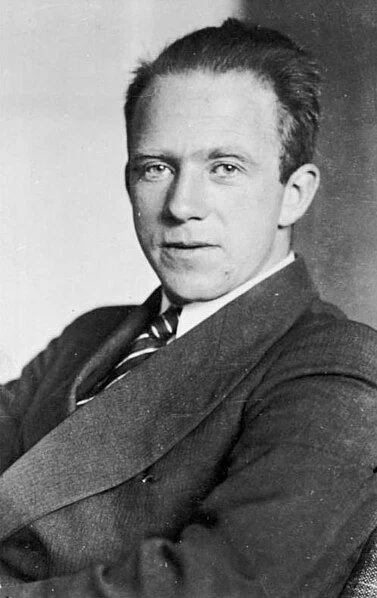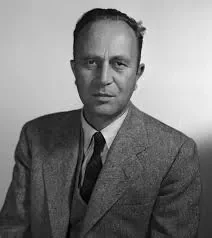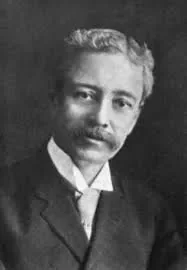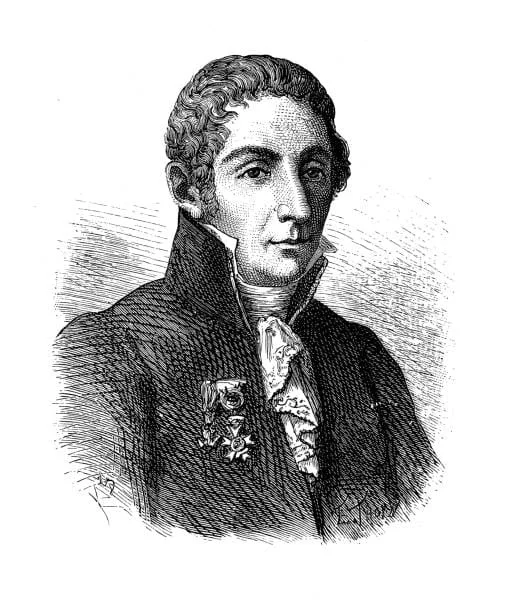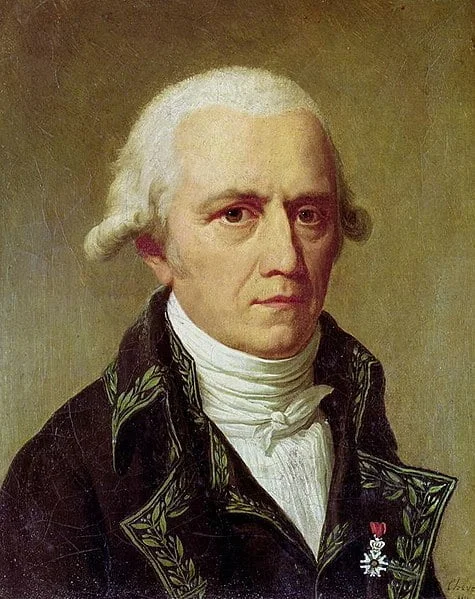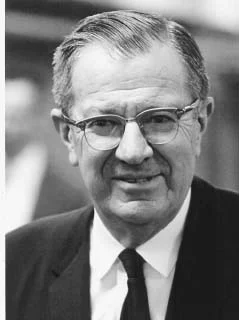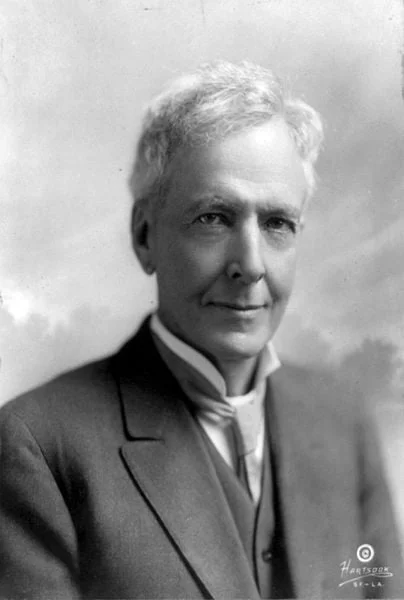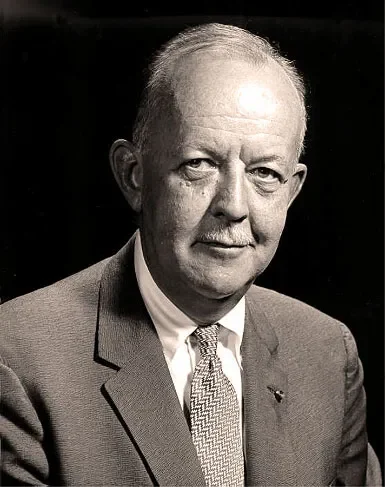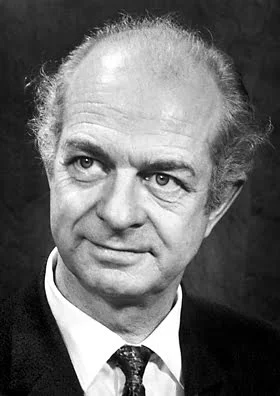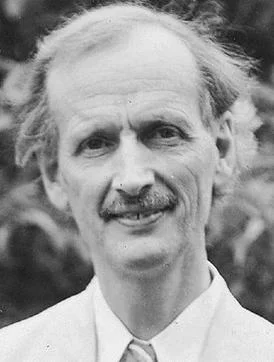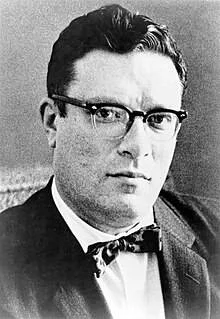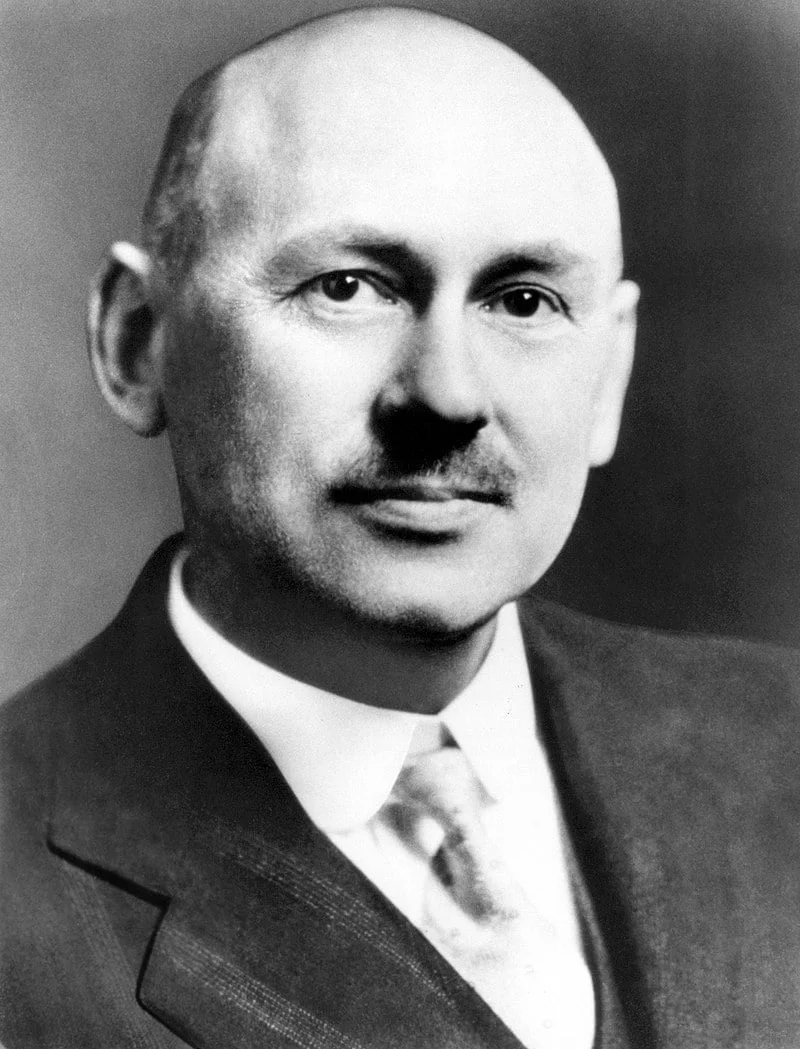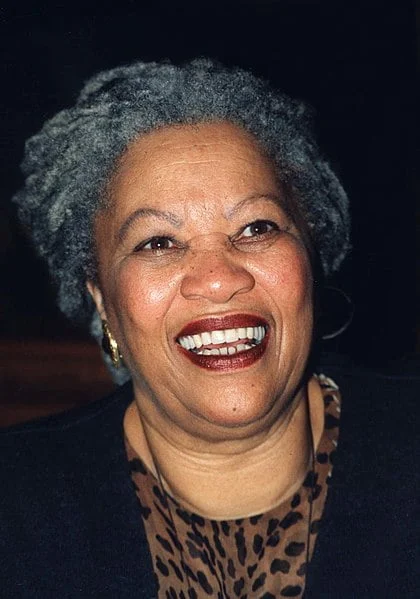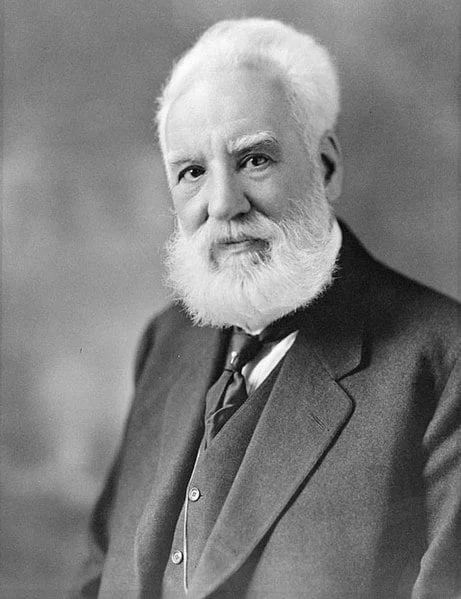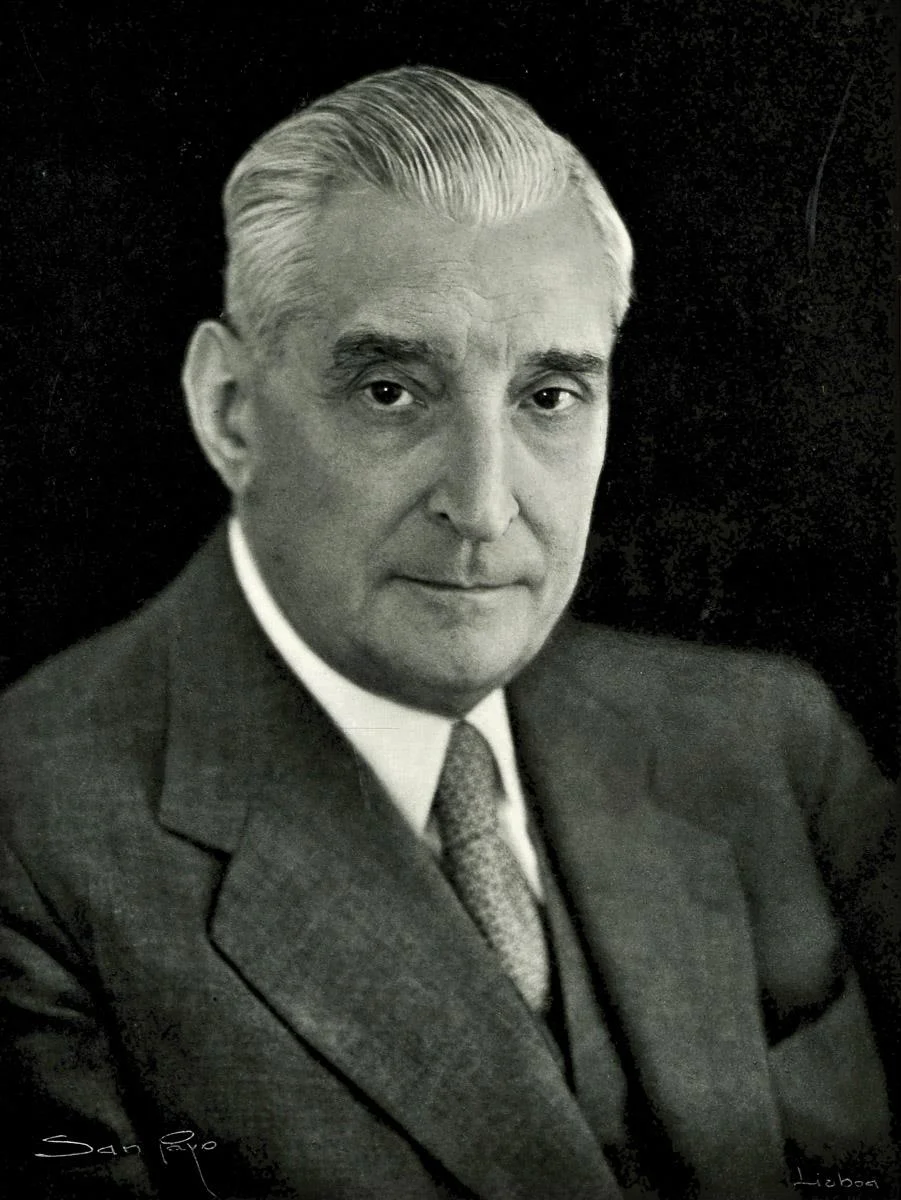Real Celebrities Never Die!
OR
Search For Past Celebrities Whose Birthday You Share
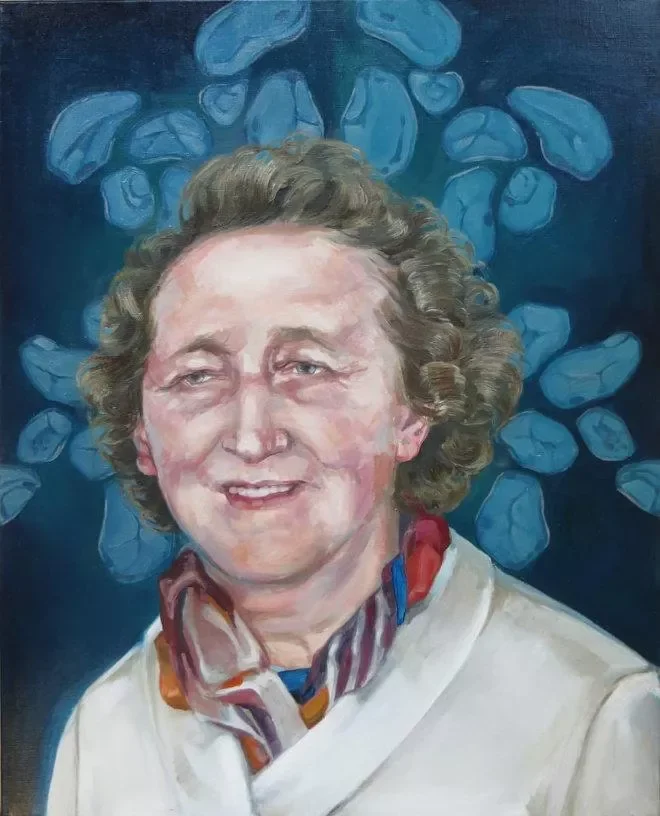
source:dib.ie
Phyllis Clinch
Birthday:
12 Sep, 1901
Date of Death:
19 Oct, 1984
Cause of death:
Natural causes
Nationality:
Irish
Famous As:
Biochemist
Age at the time of death:
83
Phyllis Clinch's Quote's
Early Life and Education
Phyllis E. M. Clinch, born on September 12, 1901, in Rathgar, Dublin, was an Irish botanist who made significant contributions to the field of plant virology. Her revolutionary work transformed agriculture, especially potato farming, in Ireland and elsewhere.
Phyllis was the fourth daughter of James and Mary Clinch. She grew up in Rathmines, Dublin, with her family. Her childhood at Loreto school probably sparked her interest in science.
Clinch started her studies at University College Dublin (UCD) in the year 1919. In 1923, she earned first-class honors degrees in chemistry and botany. Because of her superb performance, she received top marks in her class and a post-graduate scholarship.
Academic Achievements
Clinch continued to excel academically. In 1924, she completed her MSc degree by thesis. A research fellowship was awarded to her by Dublin County Council in the following year. She earned a PhD in 1928 for her dedicated research on conifer leaf metabolism.
From 1926-1928, Clinch collaborated with her doctoral supervisor, Professor Joseph Doyle, resulting in five publications. This early success laid the groundwork for her future botanical research achievements.
Professional Career and Contributions
For a short time after earning her PhD, Clinch assisted a botany professor in Galway. Her career significantly changed when she studied cytology in Paris under Professor Alexandre Guilliermond.
Clinch went back to Dublin in 1929, joined the Albert Agricultural College, and started her revolutionary work on plant viruses there. For the next 20 years, she focused on investigating plant virus diseases, particularly those affecting potatoes.
Clinch made groundbreaking contributions to the study of potato diseases. She found viruses and pathogens harming potato plants, even without showing symptoms. Her research resulted in virus-free potato stocks for farmers. This breakthrough significantly boosted the quality of Irish potatoes, establishing Ireland as a leading producer of disease-free potatoes.
Recognition and Achievements
Clinch’s scientific contributions were recognized. In 1949, she became one of the first women elected to membership of the Royal Irish Academy (RIA). Later, she took on roles as a council member and vice-president of the RIA.
Clinch was given two important awards in 1961. The Royal Dublin Society’s Boyle Medal, a prestigious award, was given to her for her scientific work and publications; she is its only female recipient. She also became UCD’s first-ever female botany professor in that year.
Later Career and Legacy
Clinch remained at UCD until she retired in 1973. Her retirement didn’t stop her participation in scientific circles. In 1977, she attained the positions of vice-president of the Royal Dublin Society and board member at the National Museum of Ireland.
Phyllis Clinch passed away on October 19, 1984, in Tenerife. Her work in plant virology and agriculture lives on as part of her lasting legacy. Her work on disease-resistant crops and plant disease control revolutionized food security and agriculture.
Clinch’s life and work inspire future scientists, especially women in STEM. Her groundbreaking research and numerous academic achievements as a woman solidify her status as a pioneering figure in Irish science.
Name:
Phyllis Clinch
Popular Name:
Phyllis Clinch
Gender:
Female
Cause of Death:
Natural causes
Spouse:
Place of Birth:
Rathgar, Dublin, Ireland
Place of Death:
Tenerife, Canary Islands, Spain
Occupation / Profession:
Personality Type
Architect: Imaginative and strategic thinkers, with a plan for everything. Clinch’s systematic approach to research, independent spirit, and focus on solving practical agricultural problems suggest a strategic, analytical personality with a vision for impact.
Her portrait was hung at the Royal Irish Academy in 2016, honoring her as one of its first female members.
Her potato virus work helped prevent famine-like conditions post-Great Hunger.
She studied cytology in Paris with Alexandre Guilliermond before her plant virus career.
She was nicknamed “Auntie Phyll” by generations of students.
Became the first woman to win the Boyle Medal from the Royal Dublin Society in 1961.
Elected one of the first female members of the Royal Irish Academy in 1949.
Identified potato viruses in the 1930s, aiding Irish agriculture.
Received an honorary Doctorate of Science (D.Sc.) in 1943.
Served as Vice-President of the Royal Dublin Society (1975–1977).

